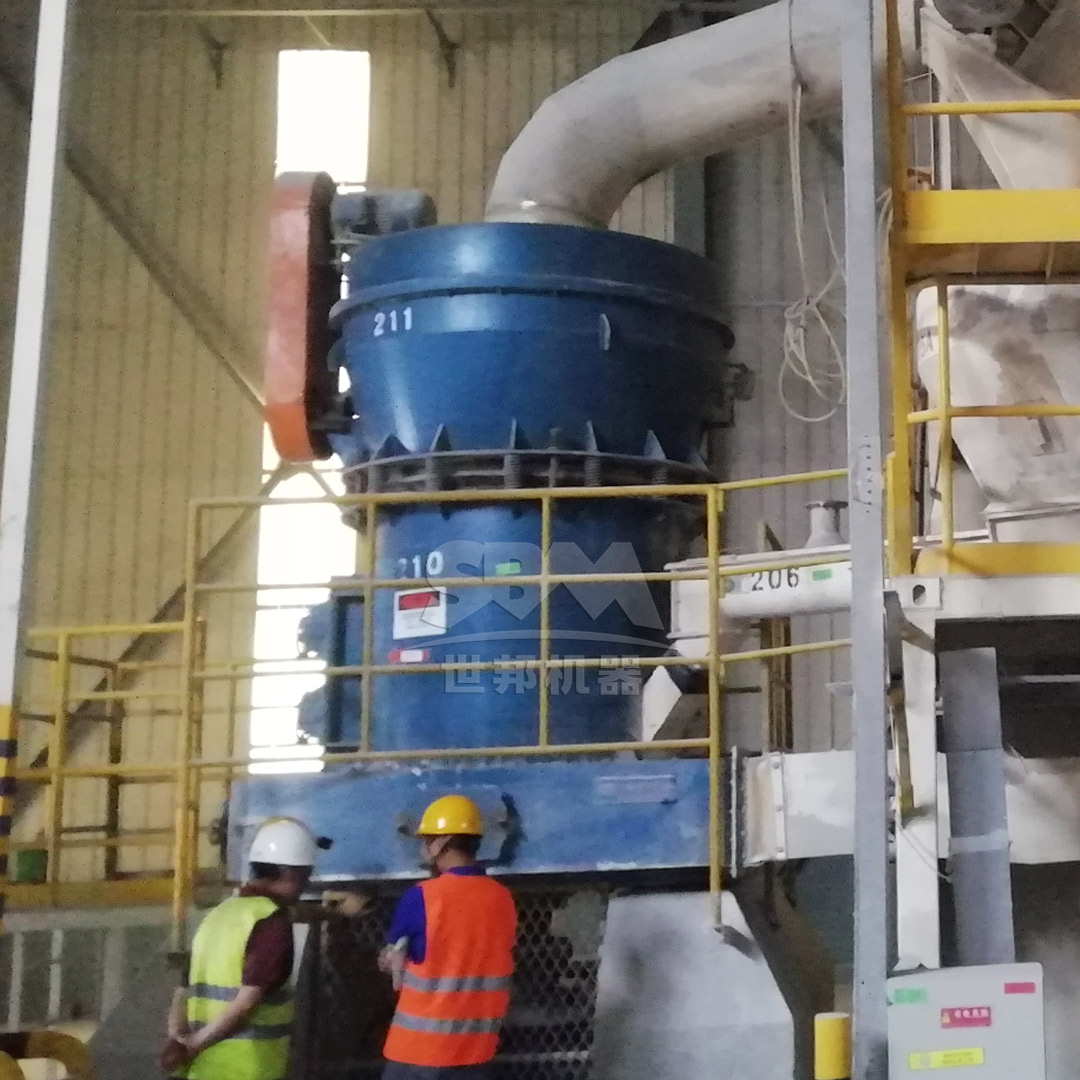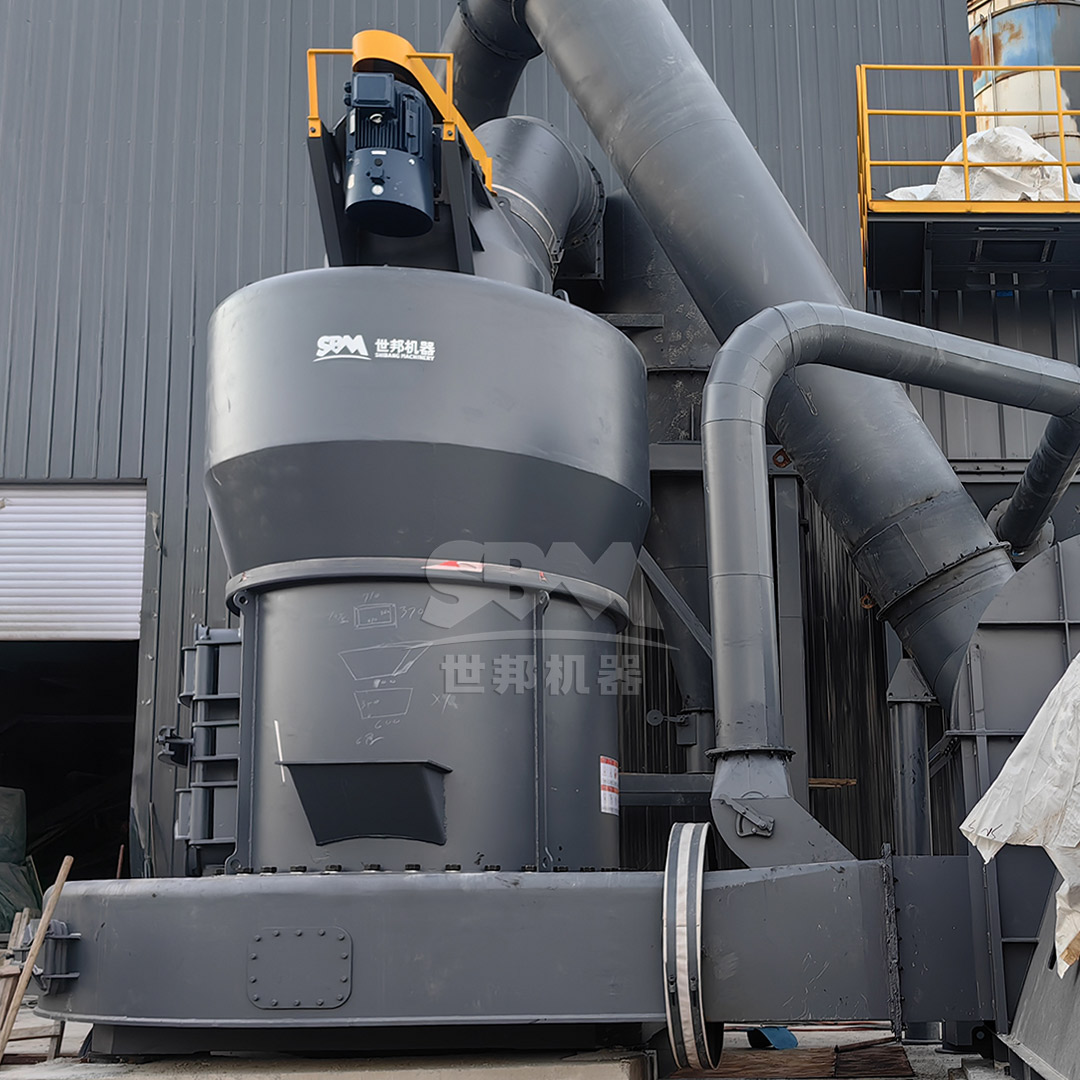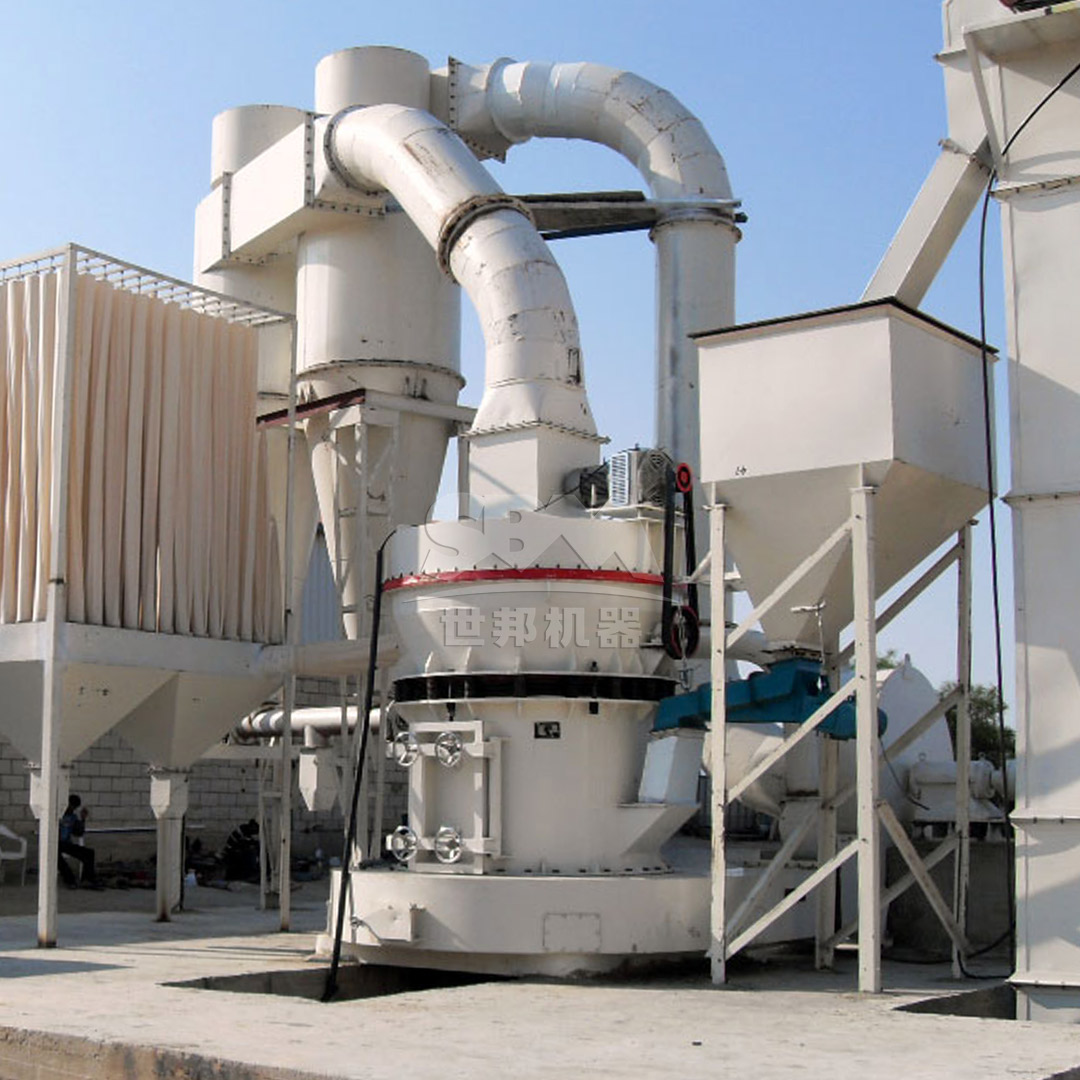The performance of modern sealants and adhesives heavily depends on the quality of their filler materials, with calcite powder being one of the most critical components. Properly ground calcite enhances mechanical properties, improves viscosity control, and ensures optimal bonding characteristics. Selecting the right calcite powder mill is therefore essential for manufacturers seeking to produce high-performance formulations. This comprehensive guide examines the key factors to consider when choosing calcite grinding equipment, with specific recommendations for different production scenarios.
The particle size distribution of calcite powder directly impacts the rheological properties, surface smoothness, and mechanical strength of sealants and adhesives. For most high-performance applications, a D97 particle size between 5-45 microns (325-2500 mesh) is typically required. Finer particles provide better surface finish and improved mechanical properties, while coarser particles can enhance thixotropy and sag resistance.
High-purity calcite with minimal iron content is crucial for applications where discoloration or chemical reactivity must be avoided. The grinding process should not introduce metallic contamination that could affect product stability or cause premature curing.
The specific surface area of calcite powder influences its interaction with polymer matrices. Properly activated surfaces ensure optimal bonding with resin systems, improving tensile strength and durability of the final product.
| Application Type | Recommended Particle Size (D97) | Purity Requirements | Production Volume |
|---|---|---|---|
| Construction Sealants | 10-45 microns | >98.5% | Medium to High |
| Electronic Adhesives | 5-15 microns | >99.5% | Low to Medium |
| Automotive Sealants | 15-30 microns | >98% | High |
| Specialty Adhesives | 5-10 microns | >99% | Low |

Modern calcite grinding mills must balance production capacity with energy efficiency. Advanced designs incorporate intelligent control systems that automatically adjust operational parameters based on feed material characteristics and desired output specifications. Energy consumption typically represents 40-60% of total operating costs, making efficiency a critical selection criterion.
The ability to consistently produce calcite powder within narrow particle size distributions requires sophisticated classification technology. Integrated air classifiers with adjustable rotor speeds enable precise control over the cut point, ensuring consistent product quality batch after batch.
Calcite’s moderate abrasiveness necessitates robust construction of grinding elements. Mills utilizing special alloy grinding rollers and rings can significantly extend service intervals while maintaining product purity by minimizing metallic contamination.
Modern grinding facilities must meet stringent environmental standards for dust emissions and noise pollution. Advanced pulse-jet dust collection systems with filtration efficiency exceeding 99.9% are essential, along with acoustic enclosures that reduce operational noise to acceptable levels.
For applications requiring the finest calcite powders (D97 ≤ 5μm), ultrafine grinding mills offer unparalleled performance. These systems typically employ multiple grinding stages with integrated precision classifiers to achieve sub-micron particle sizes. The SCM Ultrafine Mill represents this category’s state-of-the-art, capable of producing calcite powder in the range of 325-2500 mesh (45-5μm) with exceptional energy efficiency. With capacity ranging from 0.5 to 25 tons per hour depending on model selection, this equipment is particularly suitable for manufacturers of high-performance electronic adhesives and specialty sealants where ultra-fine fillers are essential.
When processing larger volumes of calcite for construction and automotive applications, European-type trapezium mills provide an optimal balance between production capacity and particle size control. The MTW Series Trapezium Mill processes calcite at 3-45 tons per hour with output fineness between 30-325 mesh (600-45μm). Its curved air duct design minimizes energy losses while the combined blade system reduces maintenance costs. This technology is particularly well-suited for medium to high-volume production environments where consistent quality and operational reliability are paramount.
For large-scale calcite powder production, vertical roller mills offer significant advantages in energy efficiency and space utilization. By integrating crushing, grinding, and separation functions into a single compact unit, these systems can reduce footprint requirements by up to 50% compared to traditional grinding circuits. The LM Series Vertical Roller Mill processes 3-250 tons per hour with output fineness adjustable between 30-325 mesh, with special models capable of achieving 600 mesh.
| Mill Type | Output Fineness | Capacity Range | Energy Efficiency | Best Applications |
|---|---|---|---|---|
| Ultrafine Mills | 325-2500 mesh | 0.5-25 t/h | High | Electronic adhesives, specialty sealants |
| Trapezium Mills | 30-325 mesh | 3-45 t/h | Medium-High | Construction sealants, general adhesives |
| Vertical Roller Mills | 30-325 mesh | 3-250 t/h | Very High | Large-volume production, cost-sensitive applications |
| Ball Mills | 0.074-0.8mm | 0.65-450 t/h | Medium | Coarse fillers, mineral processing |

For electronic adhesive formulations requiring ultra-fine, high-purity calcite fillers, the SCM Ultrafine Mill provides unmatched performance. Its vertical turbine classification system ensures precise particle size control with no coarse powder contamination, while the special material grinding rollers and rings prevent metallic contamination. The system’s ability to automatically adjust to maintain consistent output fineness makes it ideal for critical applications where batch-to-batch consistency is mandatory.
The construction industry typically requires medium-fineness calcite powders in larger volumes. The MTW Series Trapezium Mill offers the perfect solution with its robust construction, high throughput capacity, and excellent wear resistance. The innovative curved air passage design reduces flow resistance while the combined blade design extends maintenance intervals, making it particularly suitable for continuous operation in demanding production environments.
For manufacturers serving multiple markets or producing calcite powder for sale to various adhesive and sealant producers, the LM Series Vertical Roller Mill provides unparalleled efficiency and flexibility. Its integrated design combines multiple process steps into a single unit, significantly reducing both capital and operating costs. The system’s ability to be installed outdoors further reduces facility requirements, while its low noise emission (<80dB) ensures compliance with industrial environmental standards.
When evaluating calcite grinding equipment, manufacturers must consider the total cost of ownership, including initial investment, energy consumption, maintenance requirements, and product yield. Advanced mills like the SCM Ultrafine Mill may command a premium initial investment but typically deliver lower operating costs through reduced energy consumption (up to 30% less than conventional systems) and extended maintenance intervals.
The payback period for premium grinding equipment can be surprisingly short when factoring in production efficiency, product quality improvements, and reduced downtime. For most operations, the additional product value generated by consistent quality and the ability to command premium prices for specialized fineness grades justifies the investment in advanced grinding technology.
Selecting equipment with built-in scalability ensures that production capacity can be increased without significant reinvestment in core technology. Modular designs that allow for capacity upgrades through component modifications rather than complete system replacement provide the most flexible pathway for business growth.

Proper site preparation is essential for optimal mill performance. This includes ensuring adequate foundation strength, proper utility connections, and appropriate material handling infrastructure. Working with equipment suppliers during the planning phase can identify potential issues before they impact project timelines.
Comprehensive operator training ensures that equipment is operated within design parameters, maximizing both performance and service life. Detailed documentation covering operation, maintenance, and troubleshooting procedures is essential for minimizing downtime and maintaining consistent product quality.
Implementing structured preventive maintenance programs based on equipment manufacturer recommendations significantly extends service intervals and prevents unexpected downtime. Modern mills often include remote monitoring capabilities that enable predictive maintenance based on actual operating conditions rather than fixed time intervals.
Selecting the appropriate calcite powder mill requires careful consideration of technical requirements, production volumes, and economic factors. For ultra-fine applications in electronic adhesives and specialty sealants, the SCM Ultrafine Mill delivers exceptional performance with precise particle size control. For medium-fineness requirements in construction and general adhesive applications, the MTW Series Trapezium Mill provides an optimal balance of capacity, quality, and operating costs. Large-scale producers should consider the LM Series Vertical Roller Mill for its unmatched efficiency and scalability. By matching mill technology to specific application requirements, manufacturers can optimize both product performance and production economics, ensuring competitiveness in the demanding sealants and adhesives market.